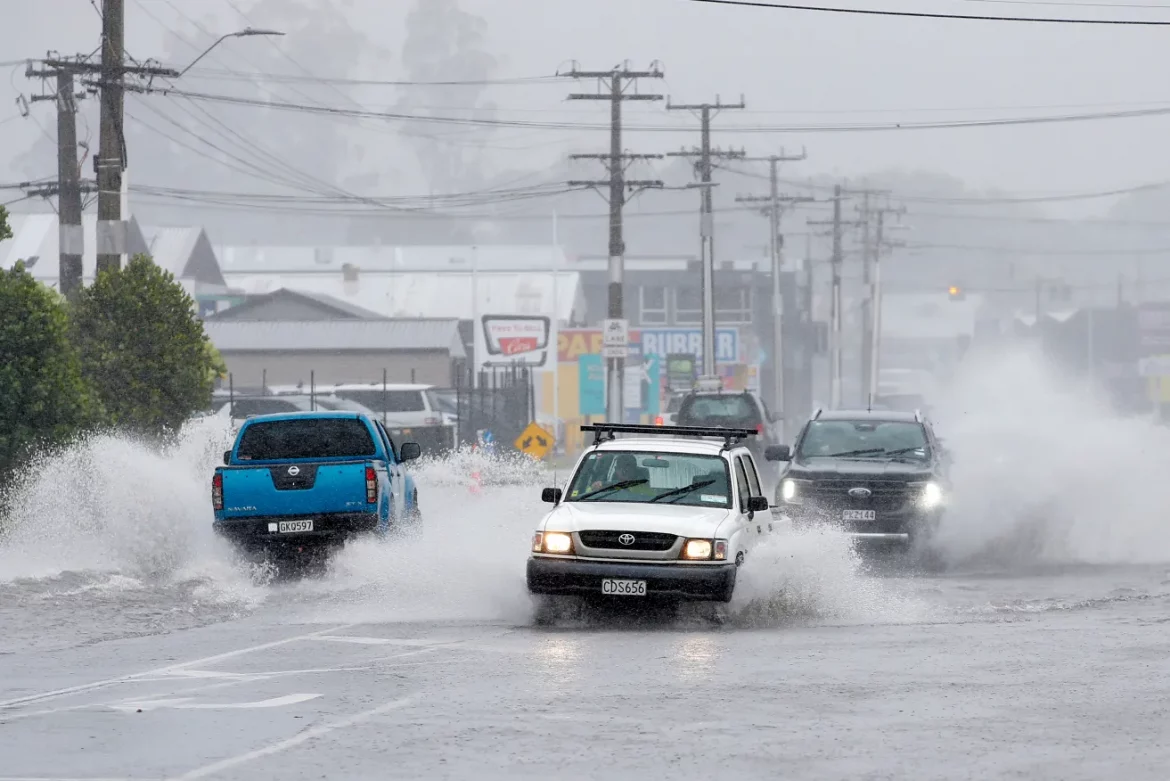A poll conducted across 26 countries has shown that Australians are among the most sceptical around the world that climate disruption is being caused by humans and that the costs of tackling it will be less than that of its impacts.
Results from French polling company Elabe showed that just 60% of Australians accept that climate disruption is human-caused, a fall of six percentage points from the previous poll 18 months earlier and well behind the global average of 73%.
The polling, which was commissioned by the international waste and recycling company Veolia, covers countries representing 67% of global greenhouse gas emissions, including the US, the UK, India, China and Japan.
The French polling results suggest higher levels of climate change denial, scepticism and uncertainty than surveys carried out only in Australia, although the methodologies and questions are not directly comparable.
Read also: NASA releases updated climate change adaptation, resilience plan
Only 52% of Australians – the lowest percentage of any country – thought “the costs caused by the damage linked to climate disruption and pollution are going to be greater than the investments needed for the ecological transition of our societies”.
On average, 75% of people globally agree with the World Health Organization that climate change is the greatest health threat facing humanity, compared with only 63% of Australians.
Australia was following a global trend of a rise in climate deniers, the polling said, with half of all countries having between 26% and 43% of people disputing whether humans are responsible for global heating or whether it even exists.
The polling found 78% of Australians agreed climate disruption was happening, compared with 89% globally. Only residents of Ivory Coast had lower levels of acceptance than Australians, according to the polling.
One Nation voters were the most sceptical of any conservative or far-right voters in any country, the polling said, with only 31% agreeing climate disruption was human-caused.
Story was adapted from the Guardian.
